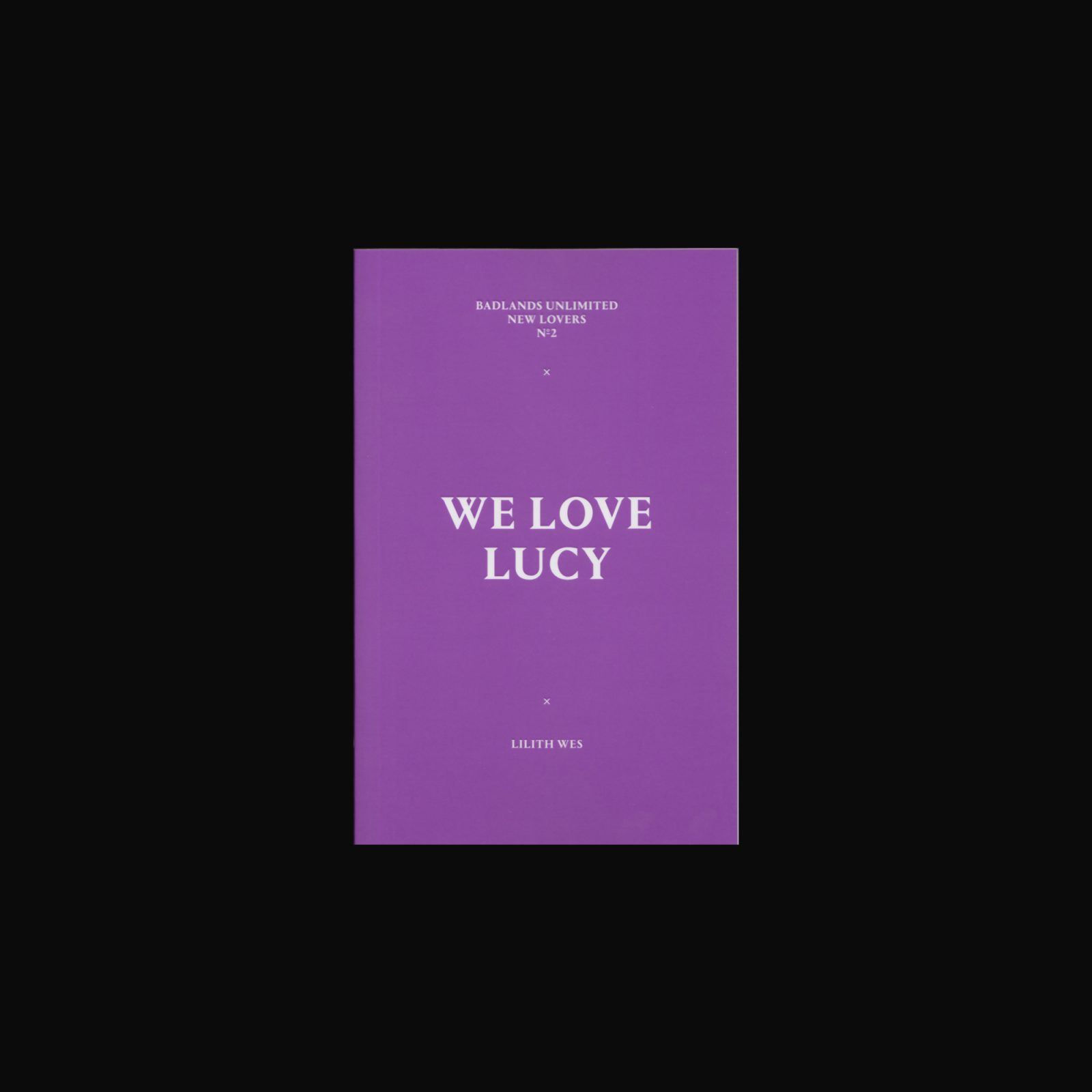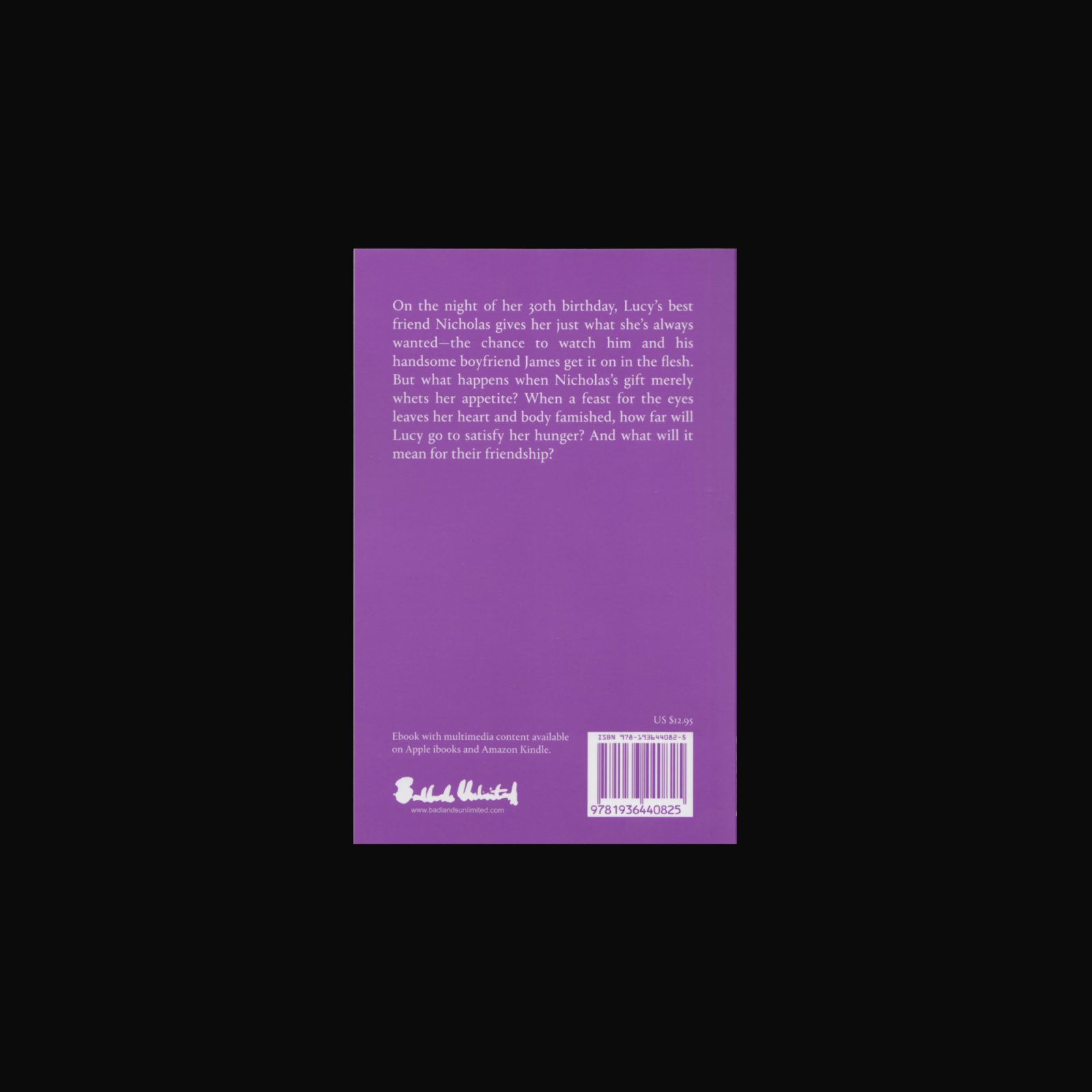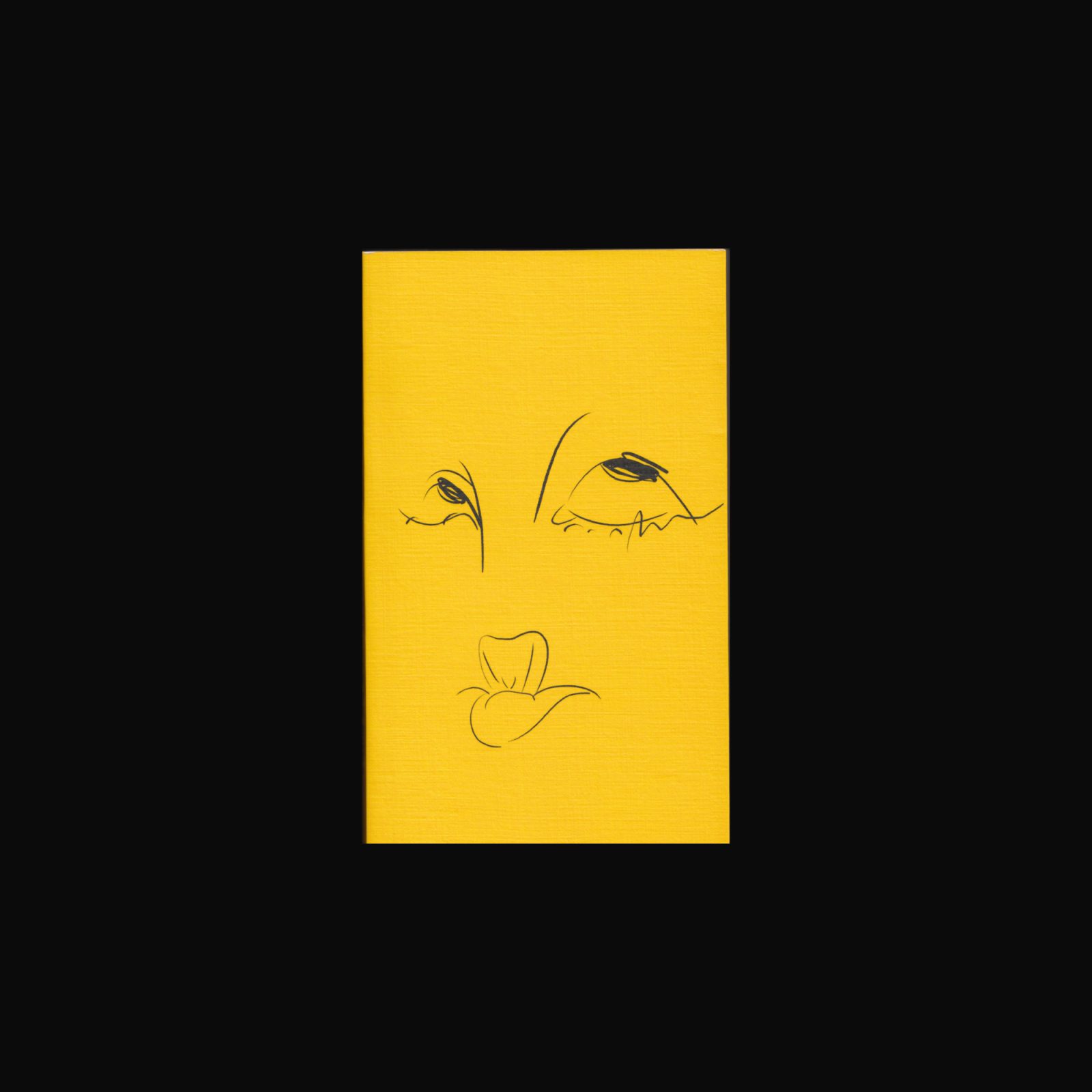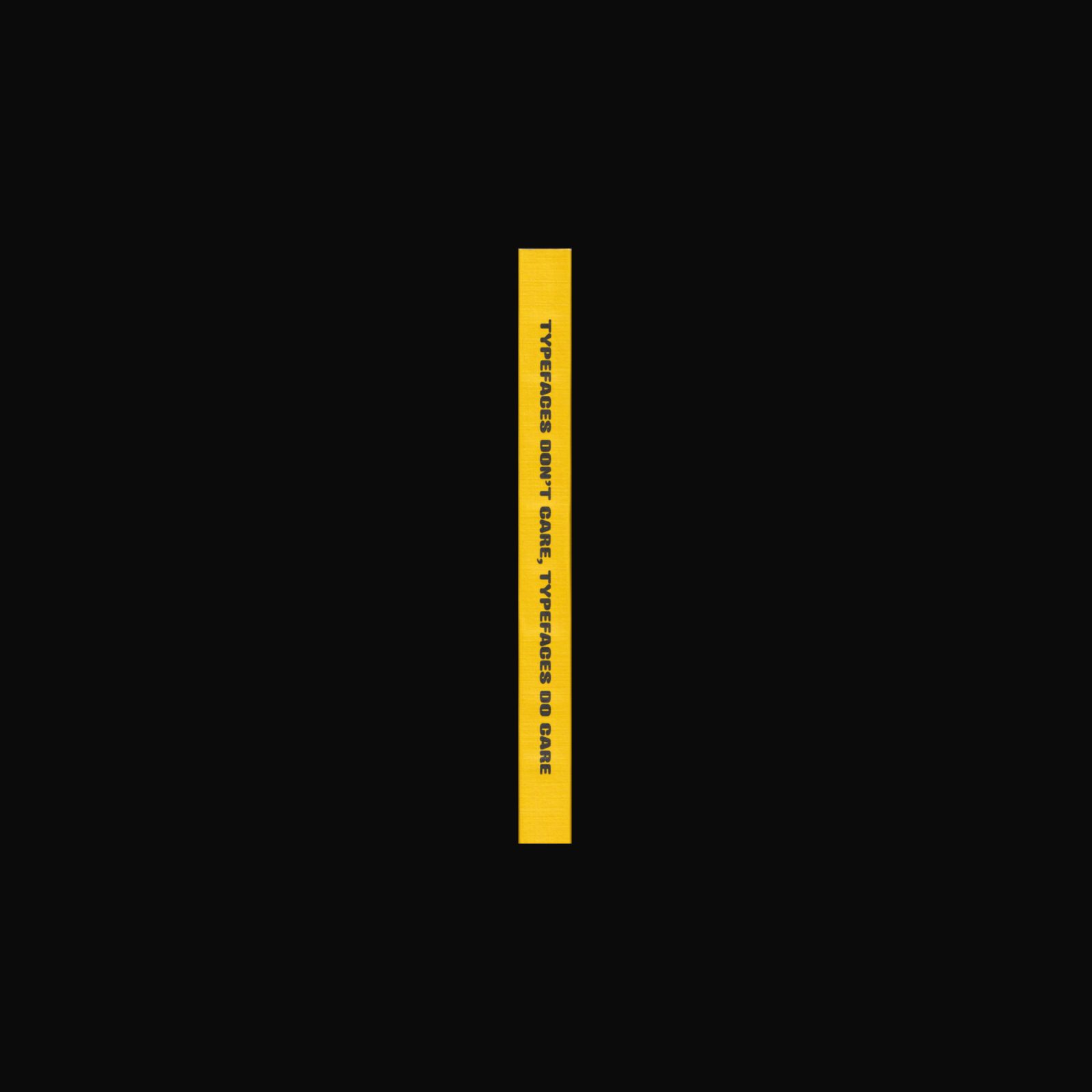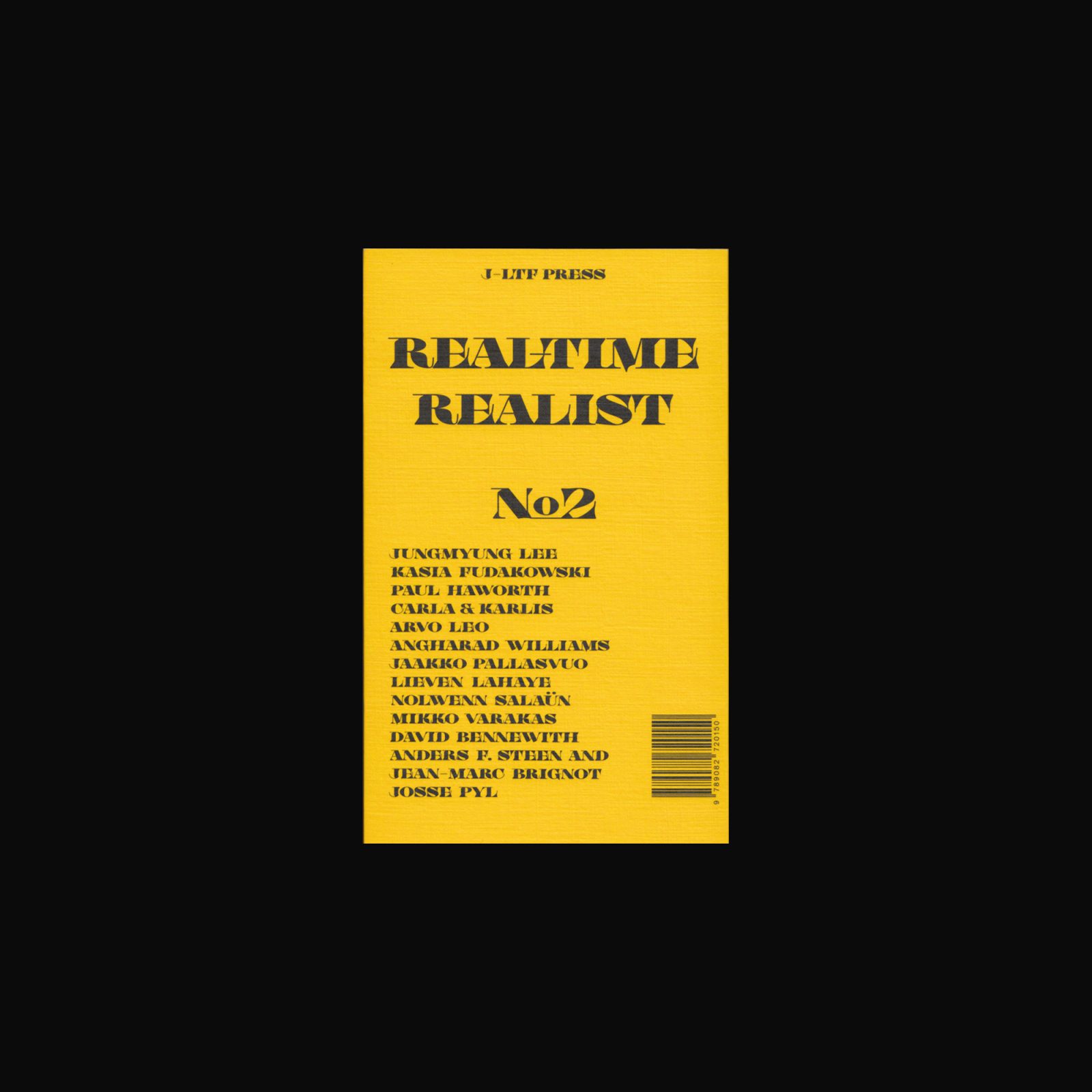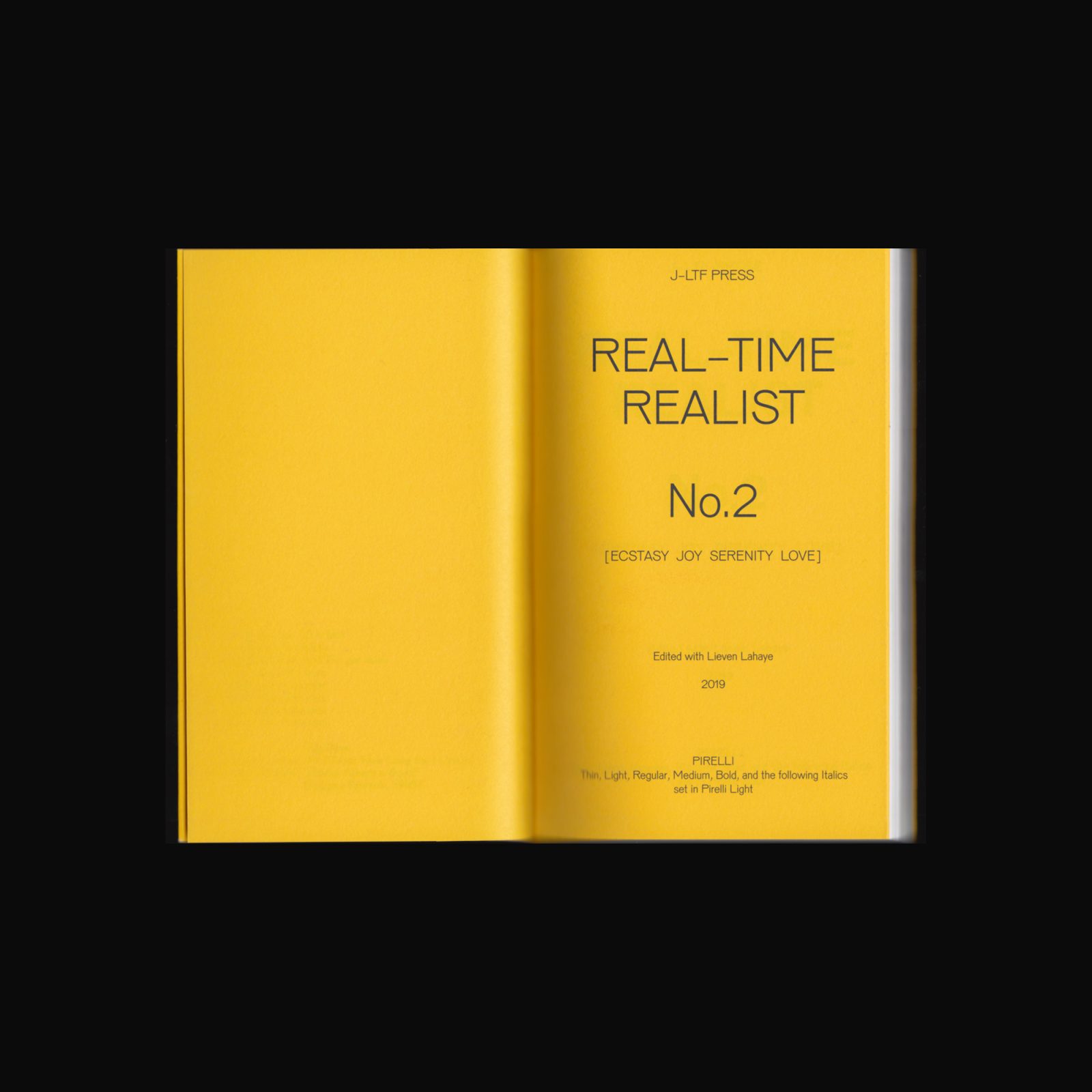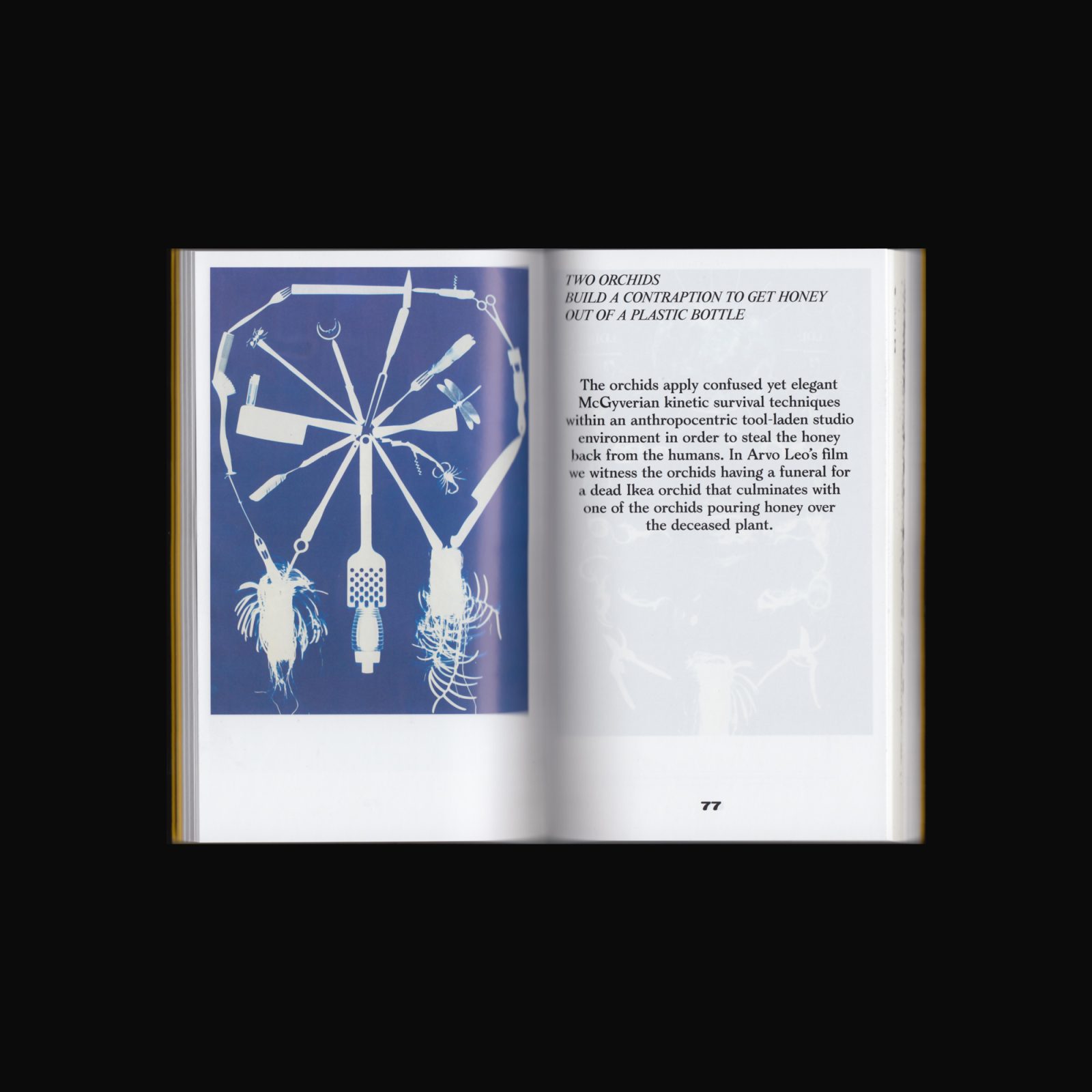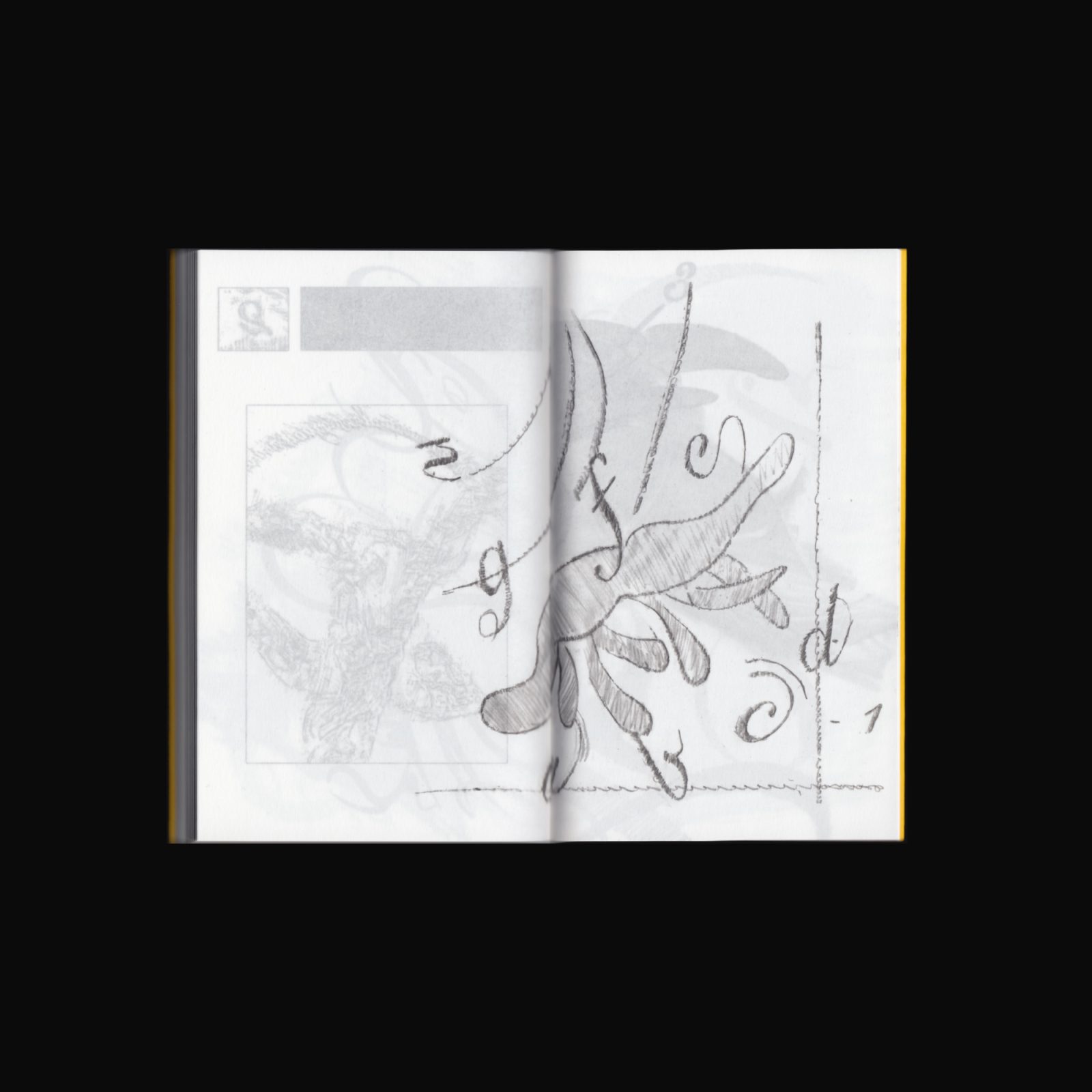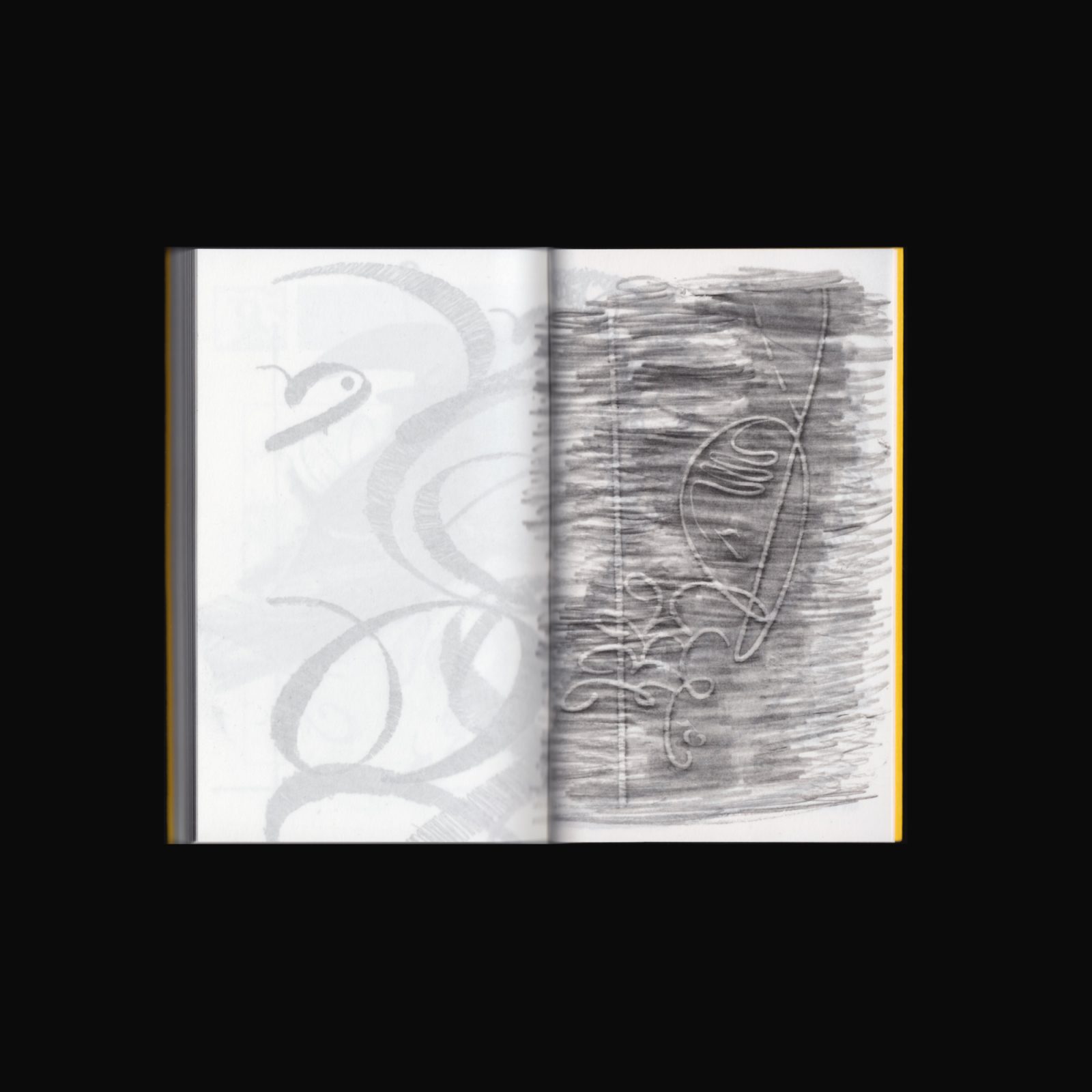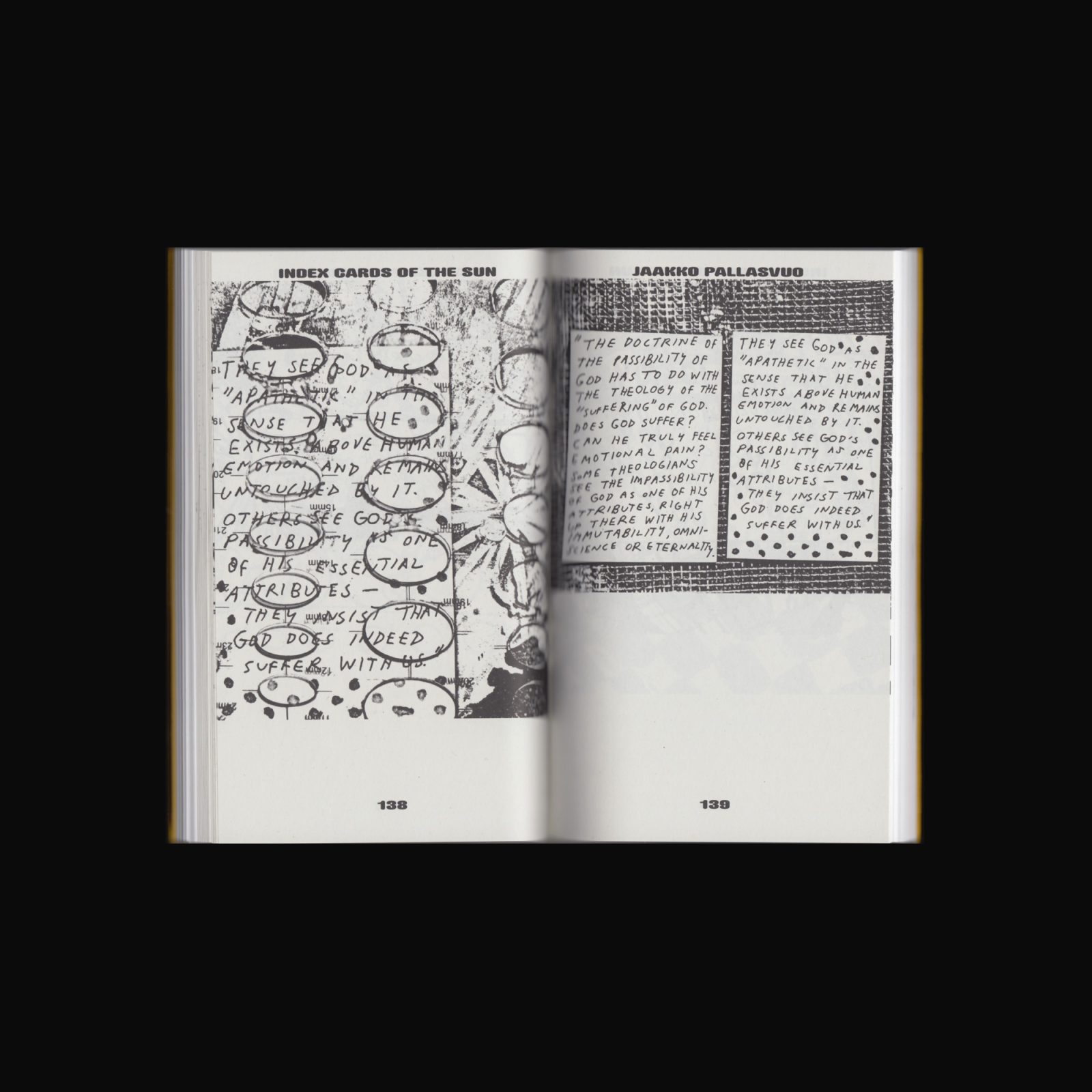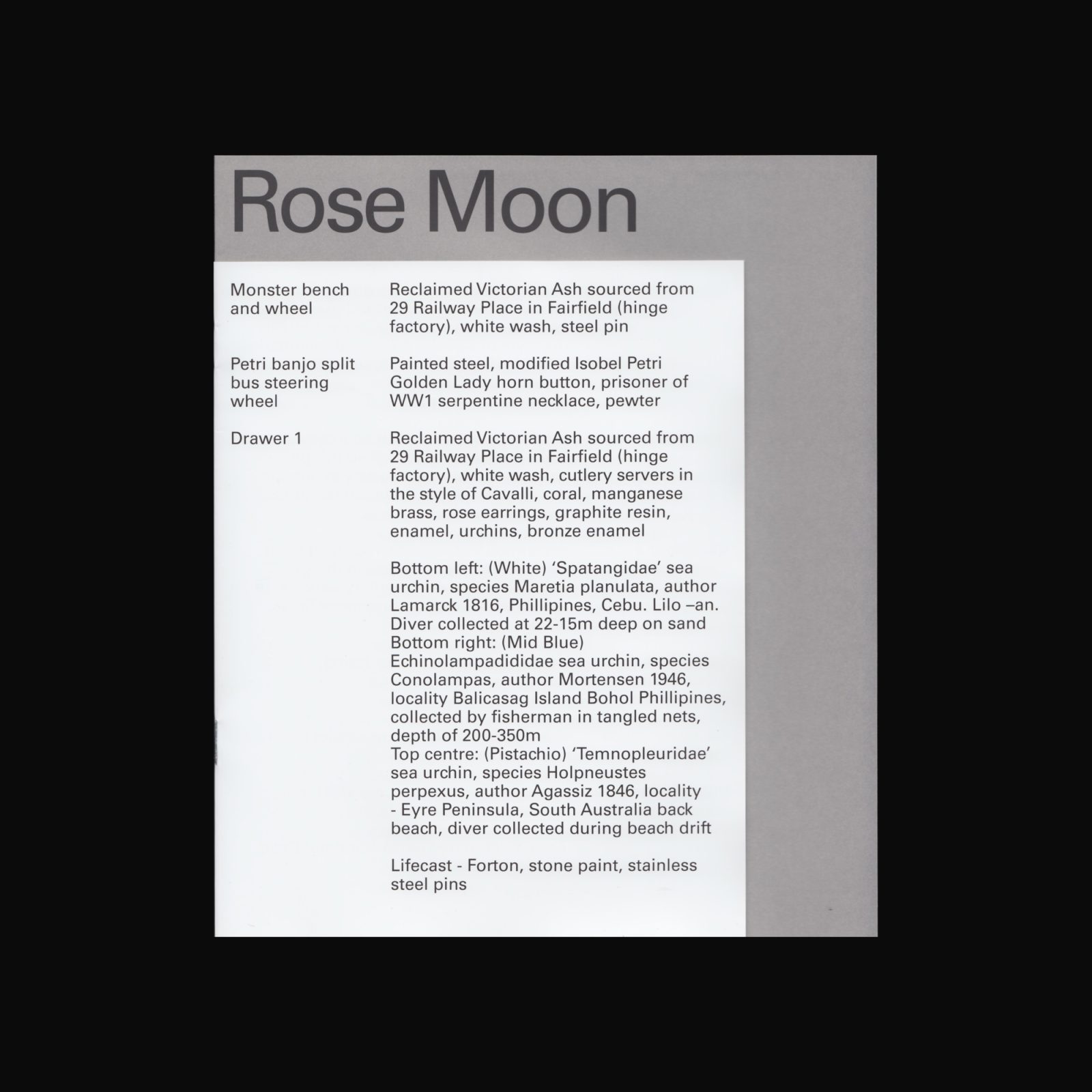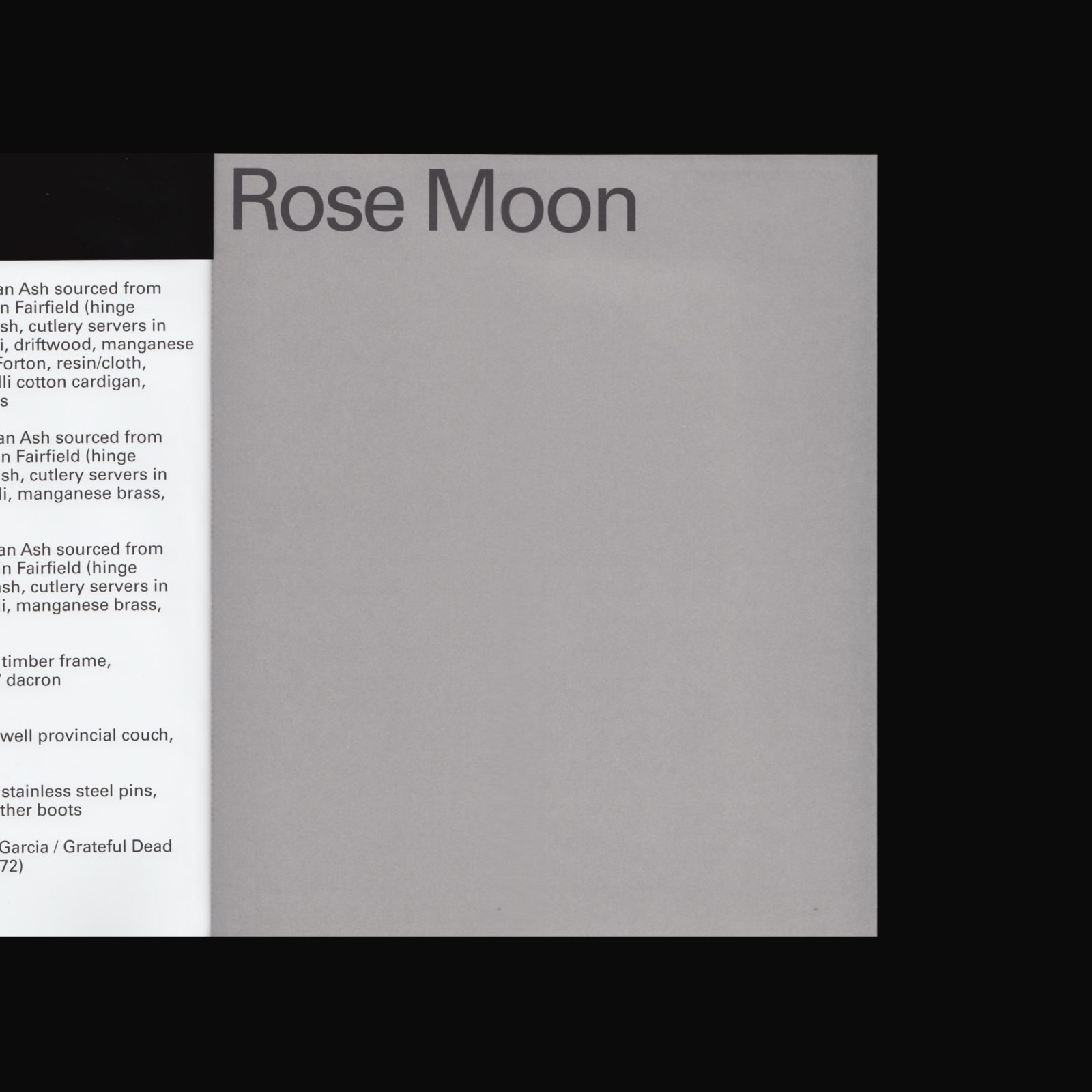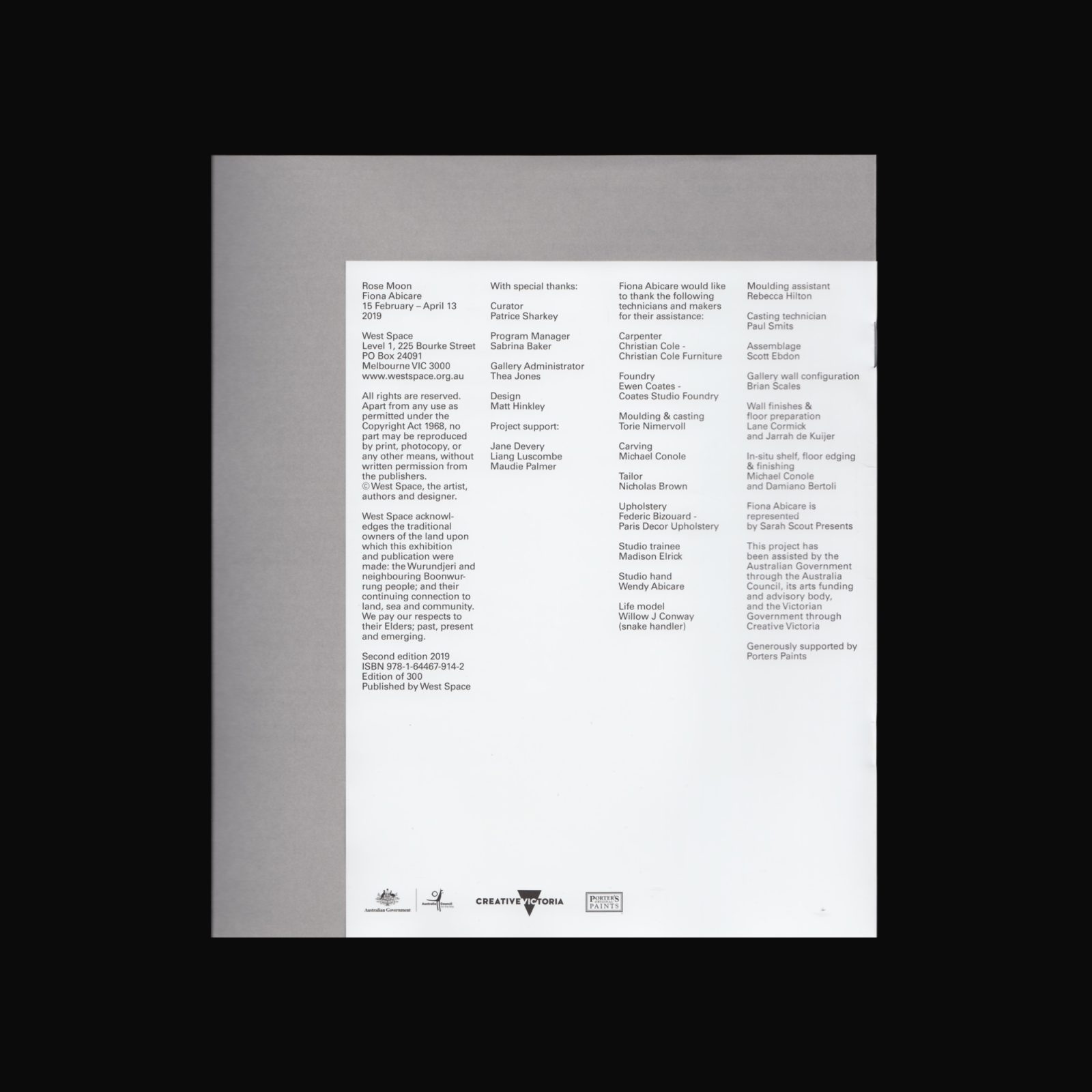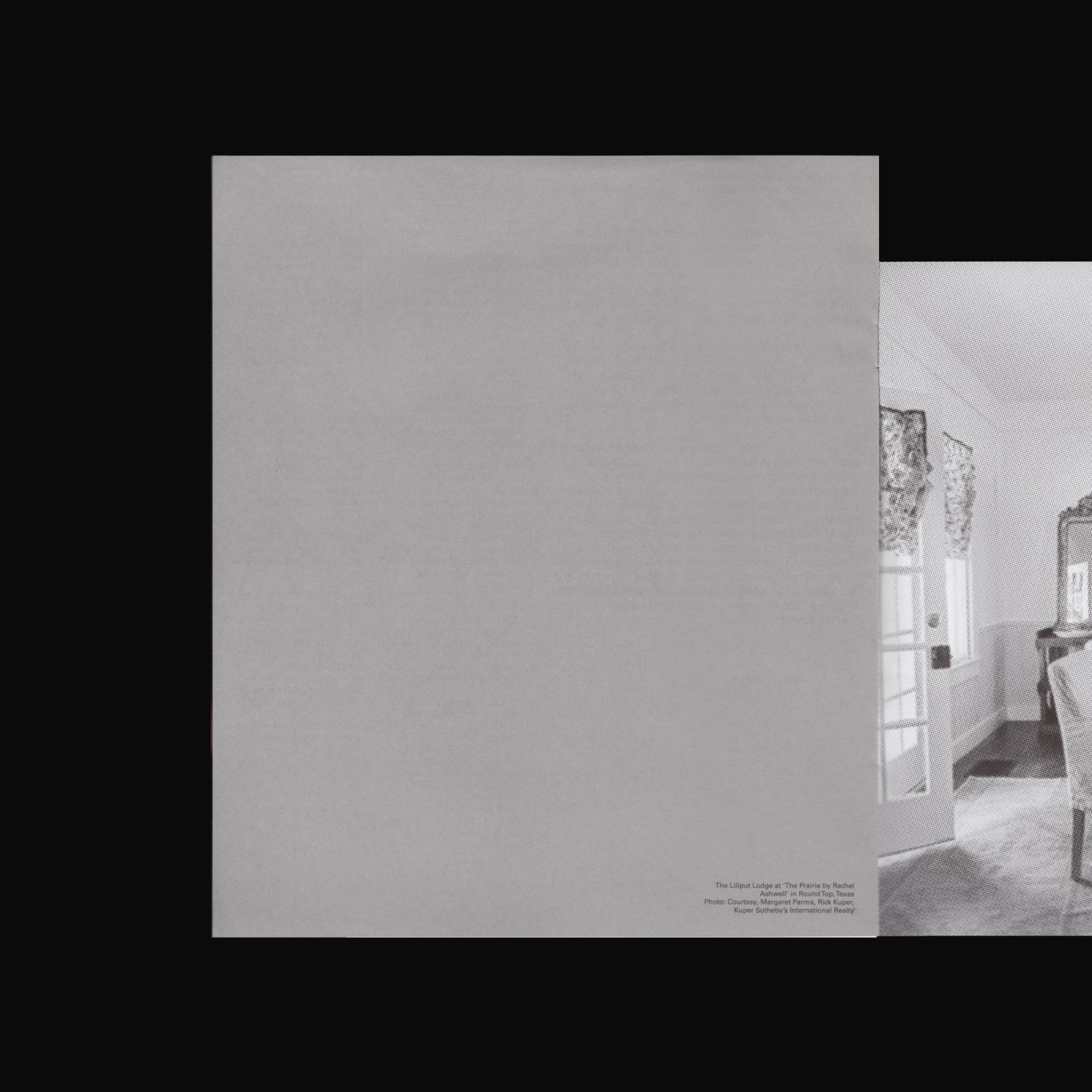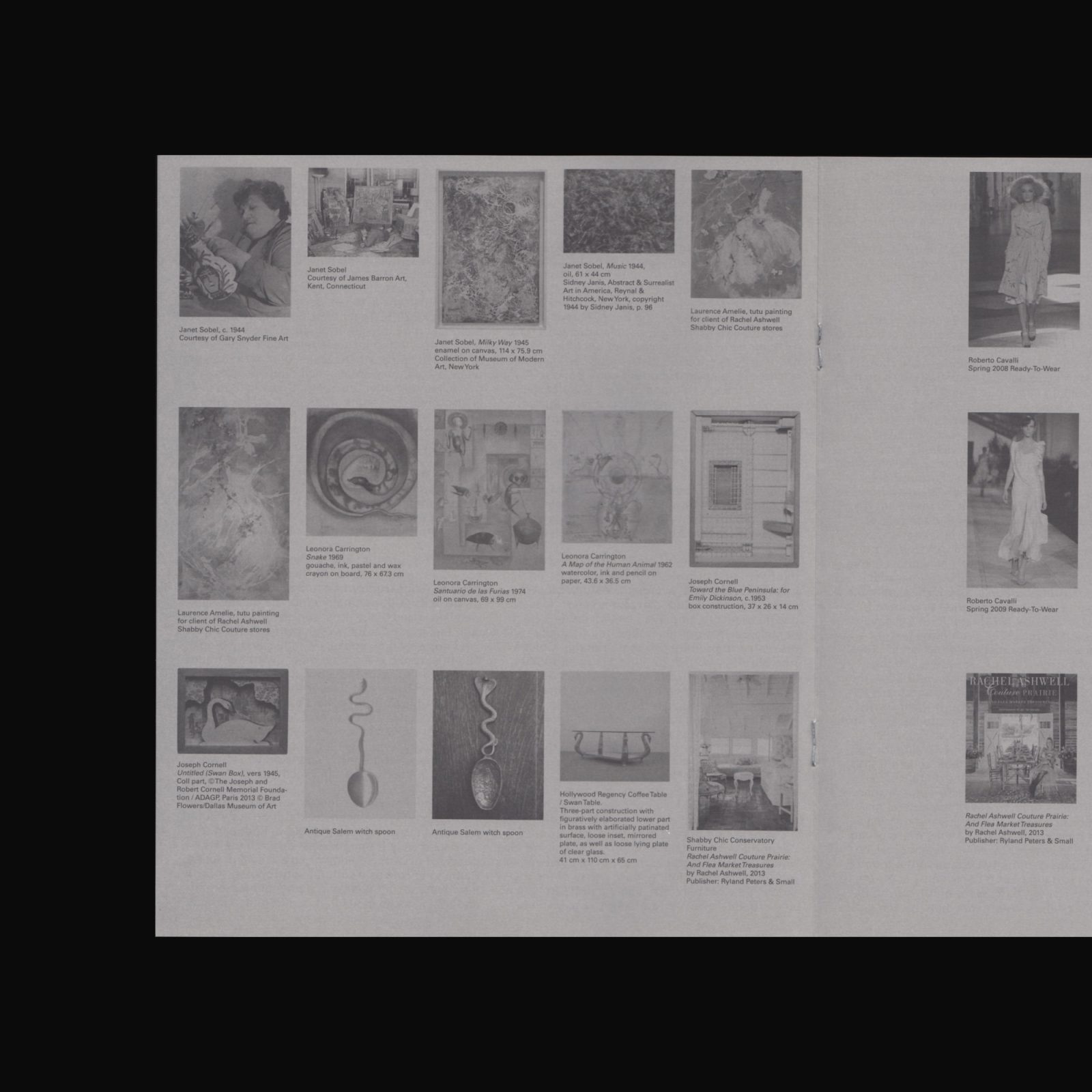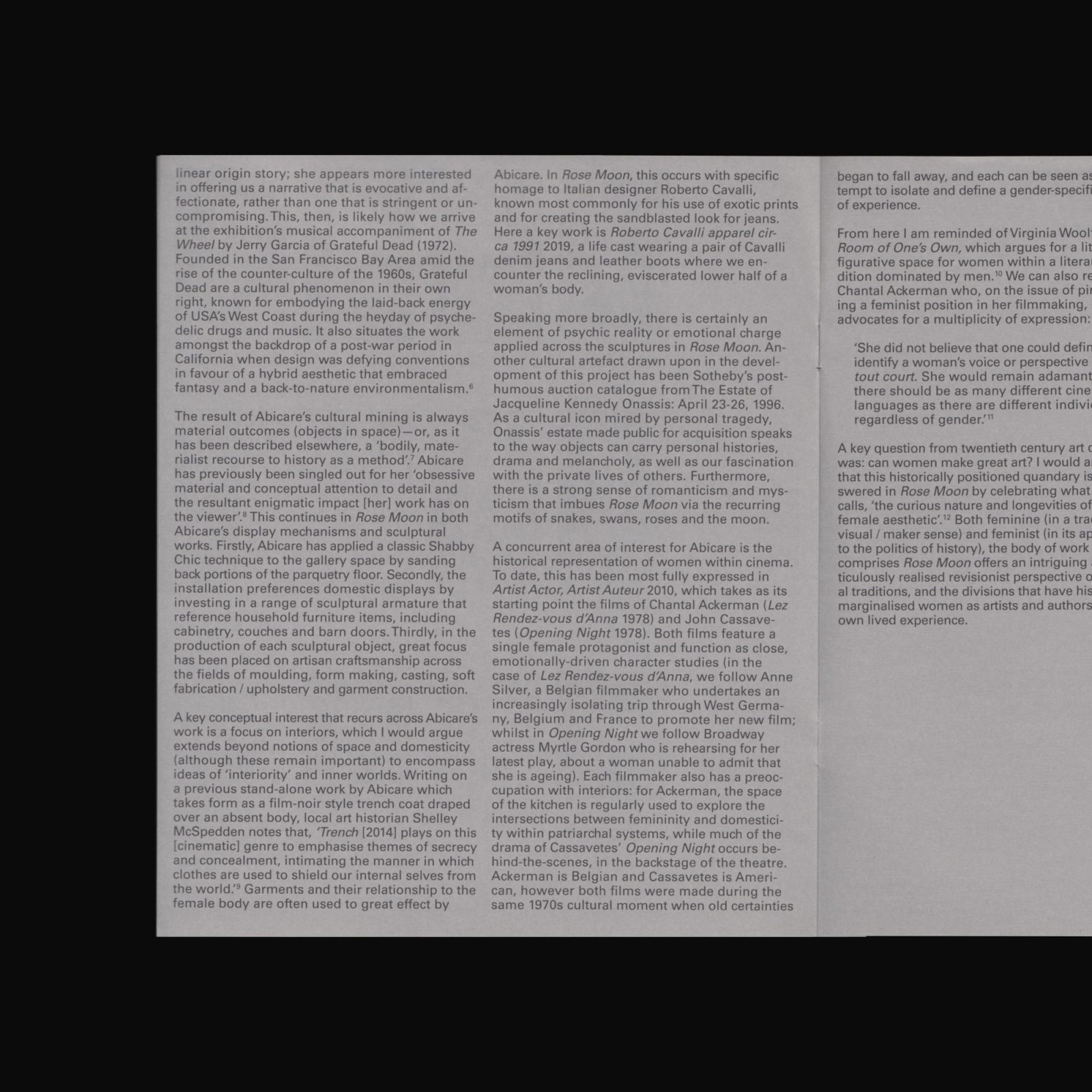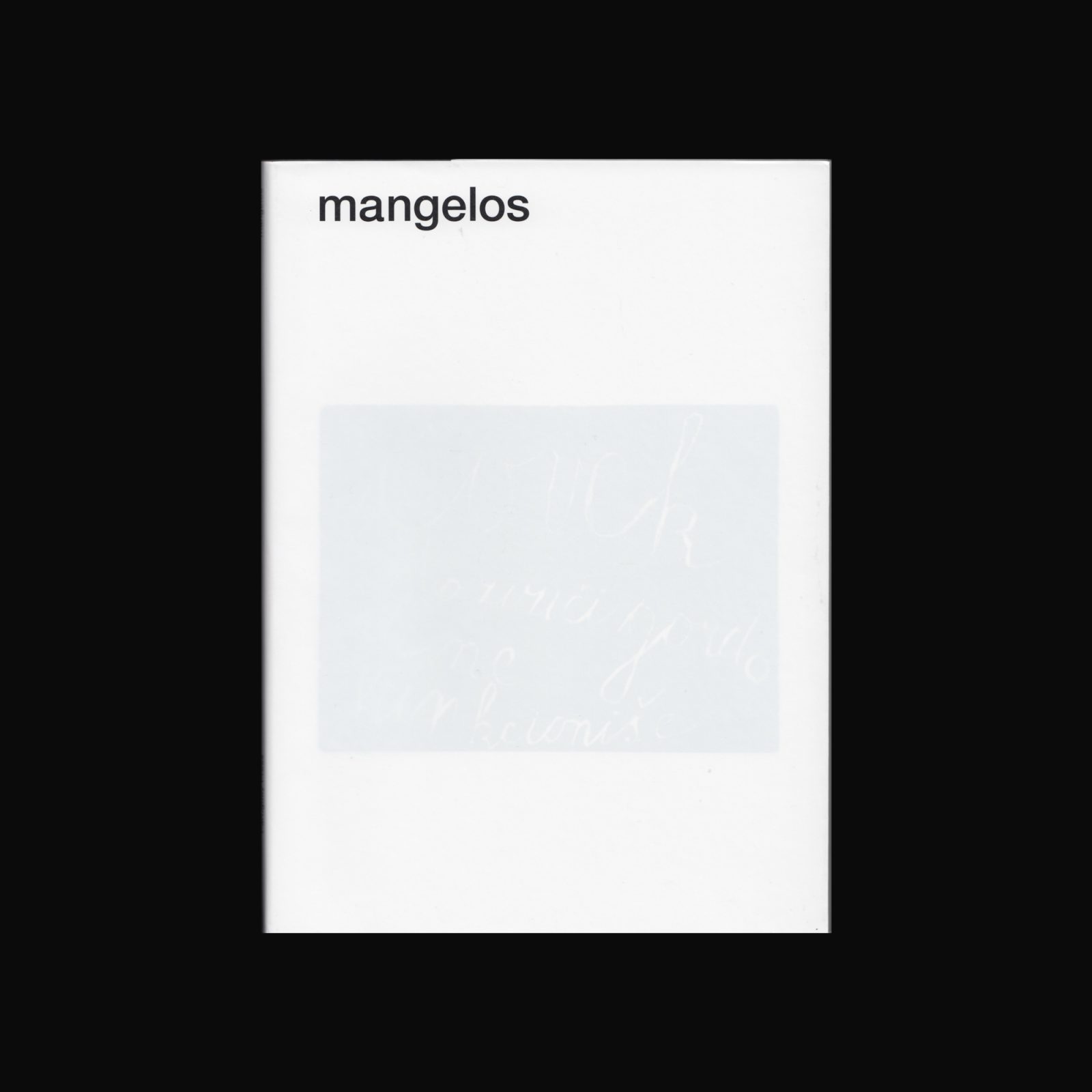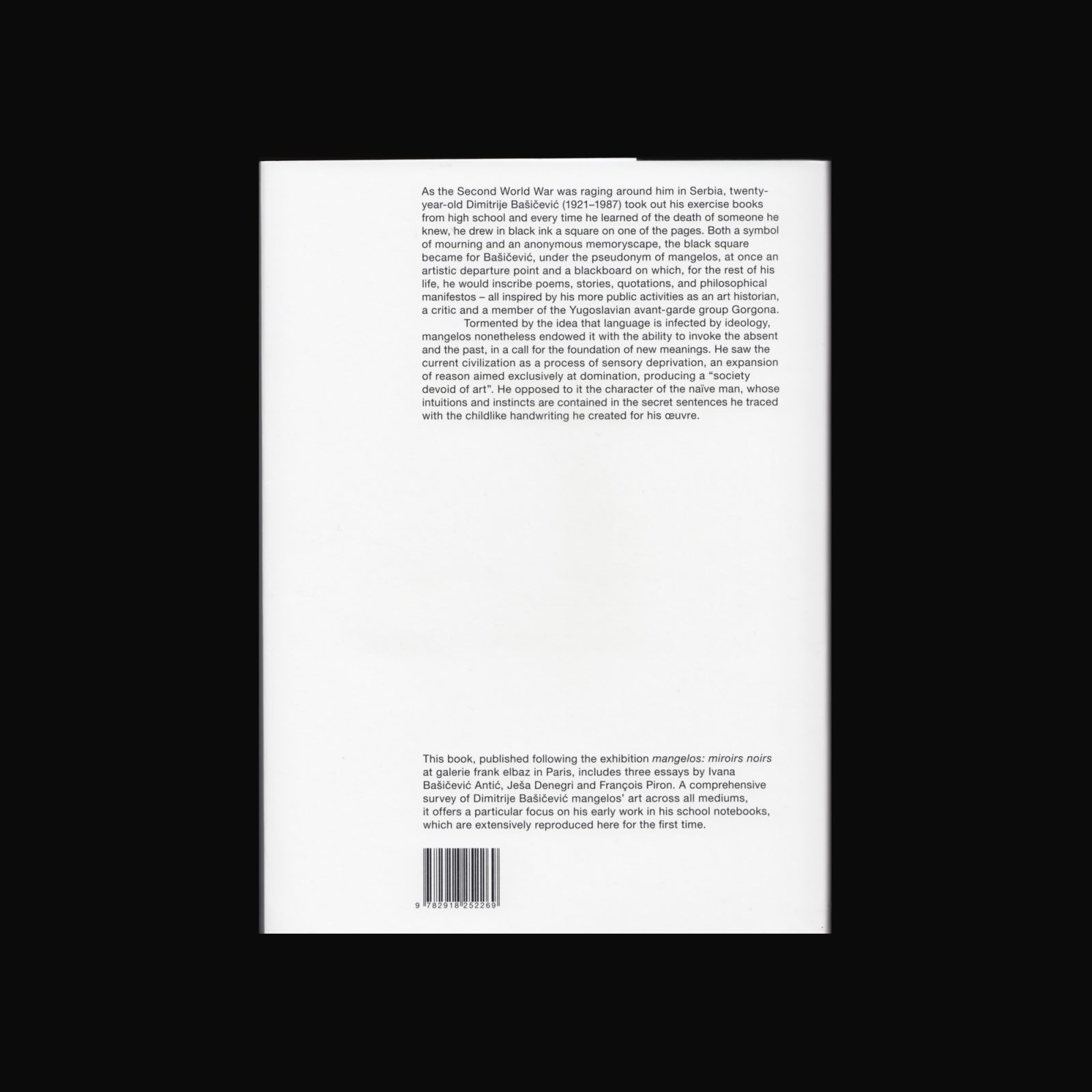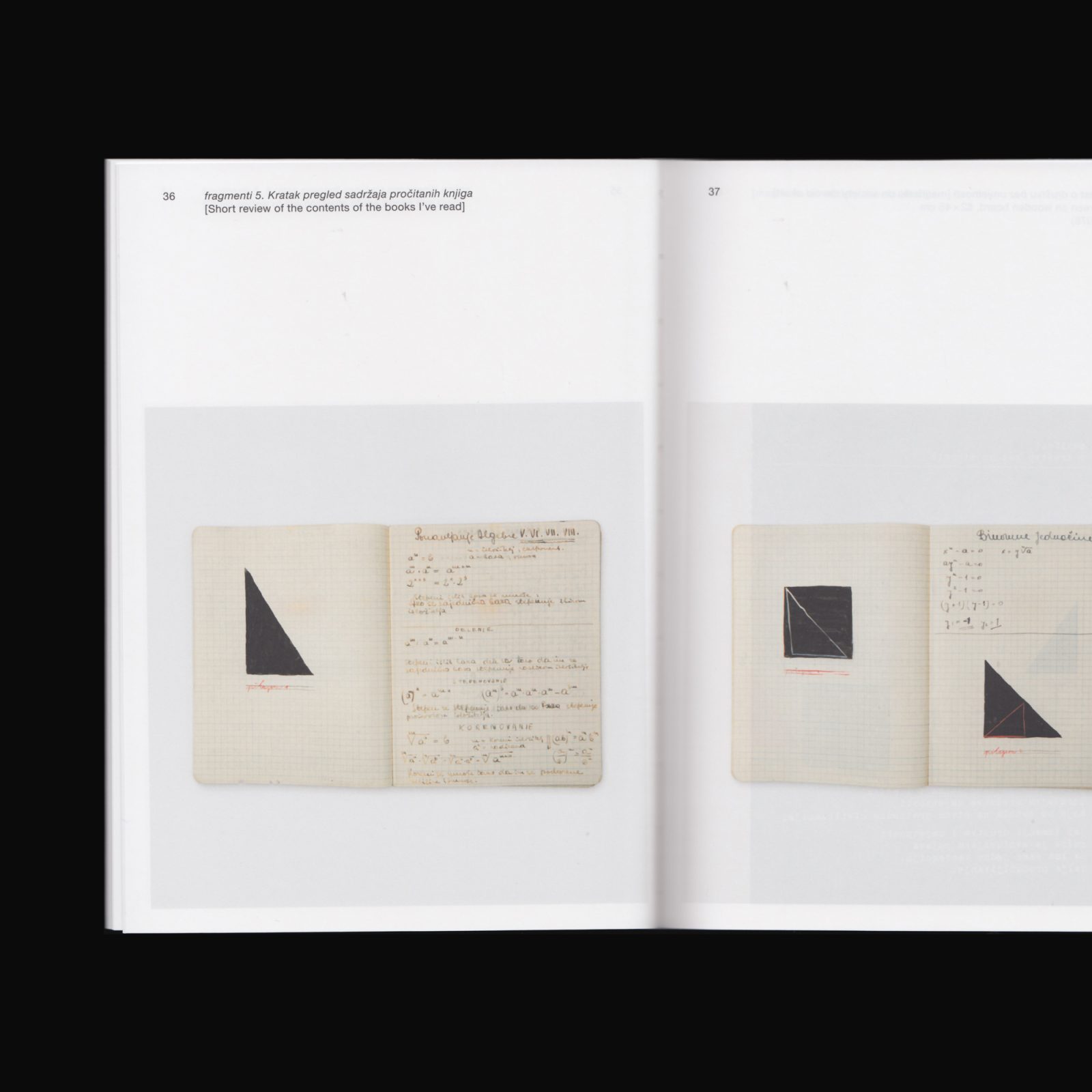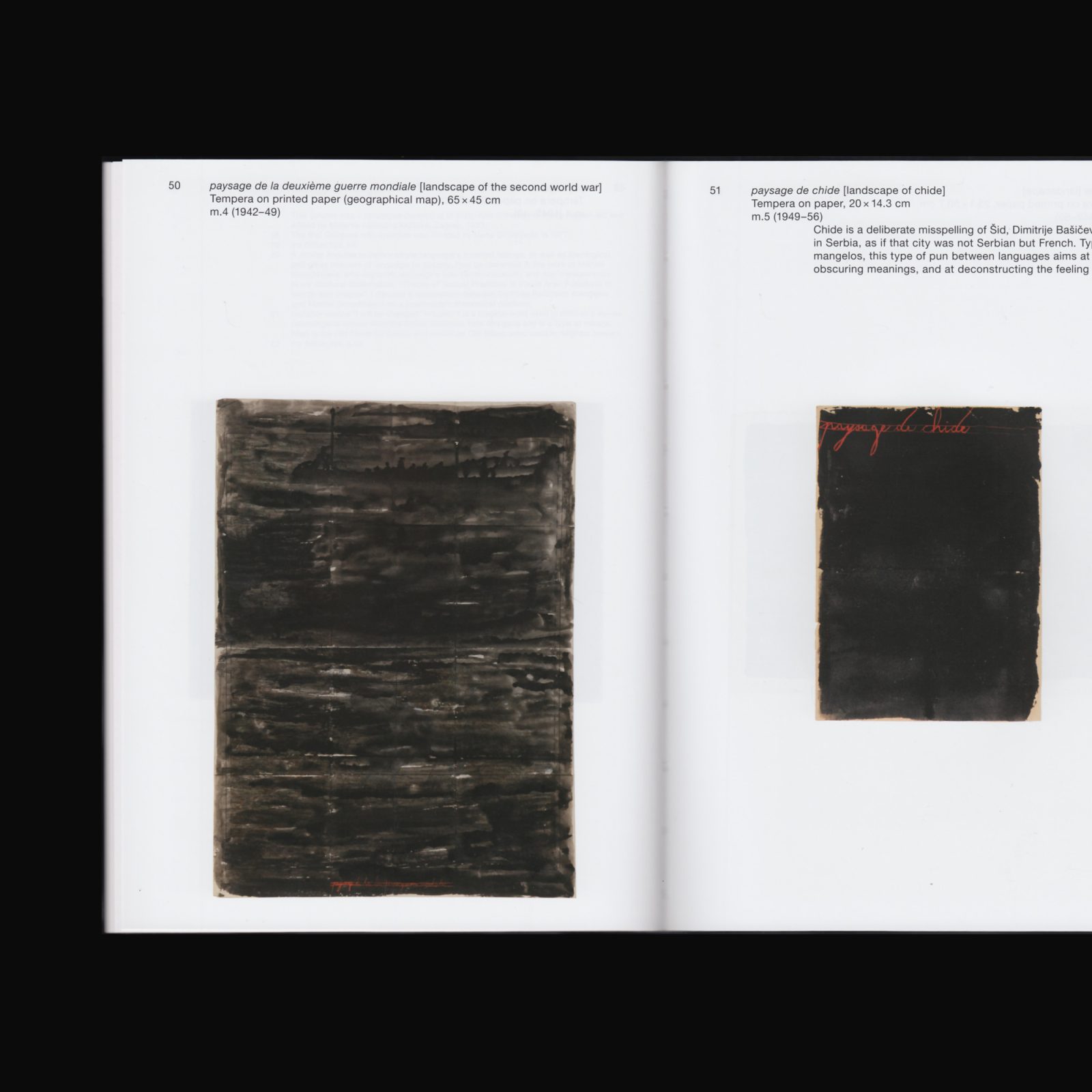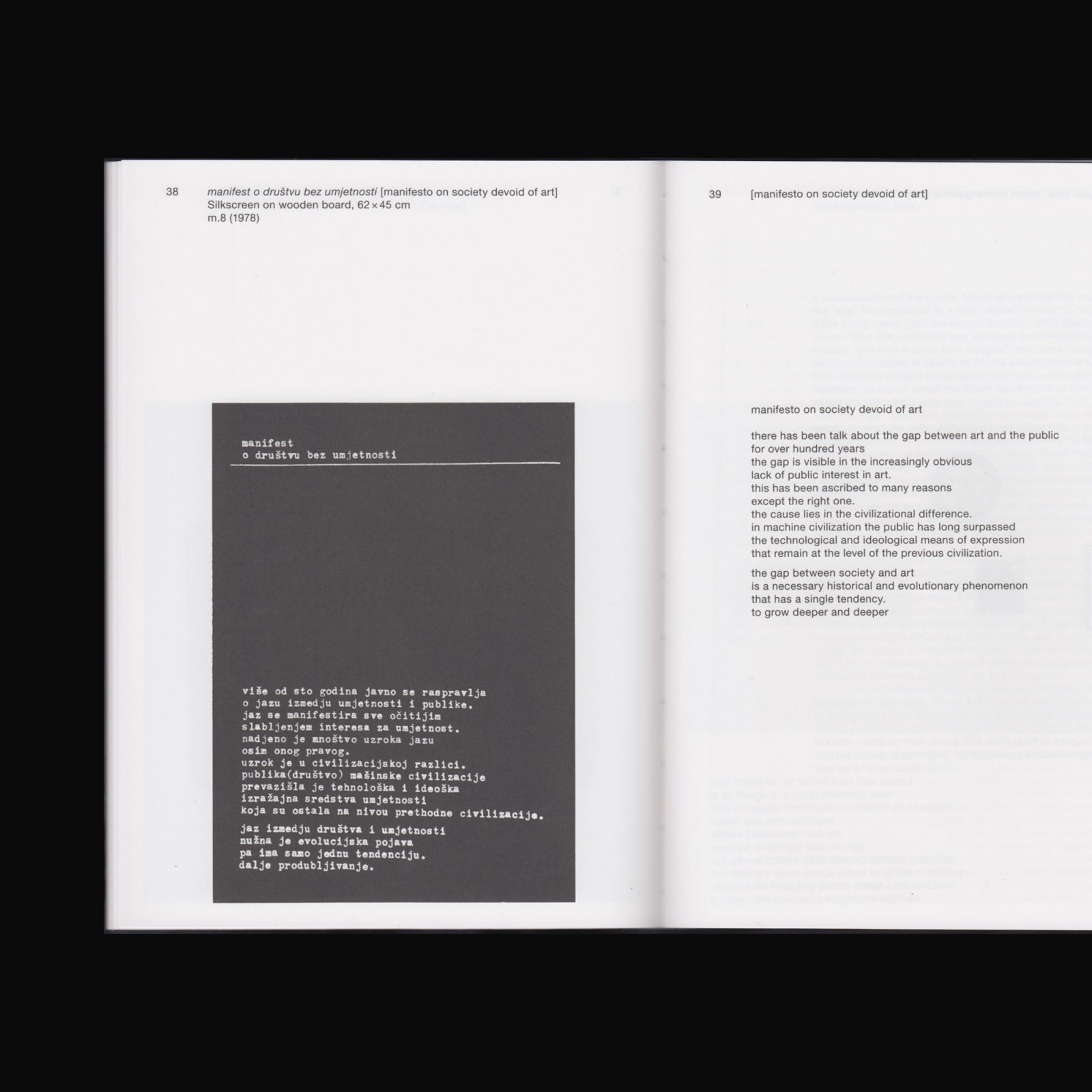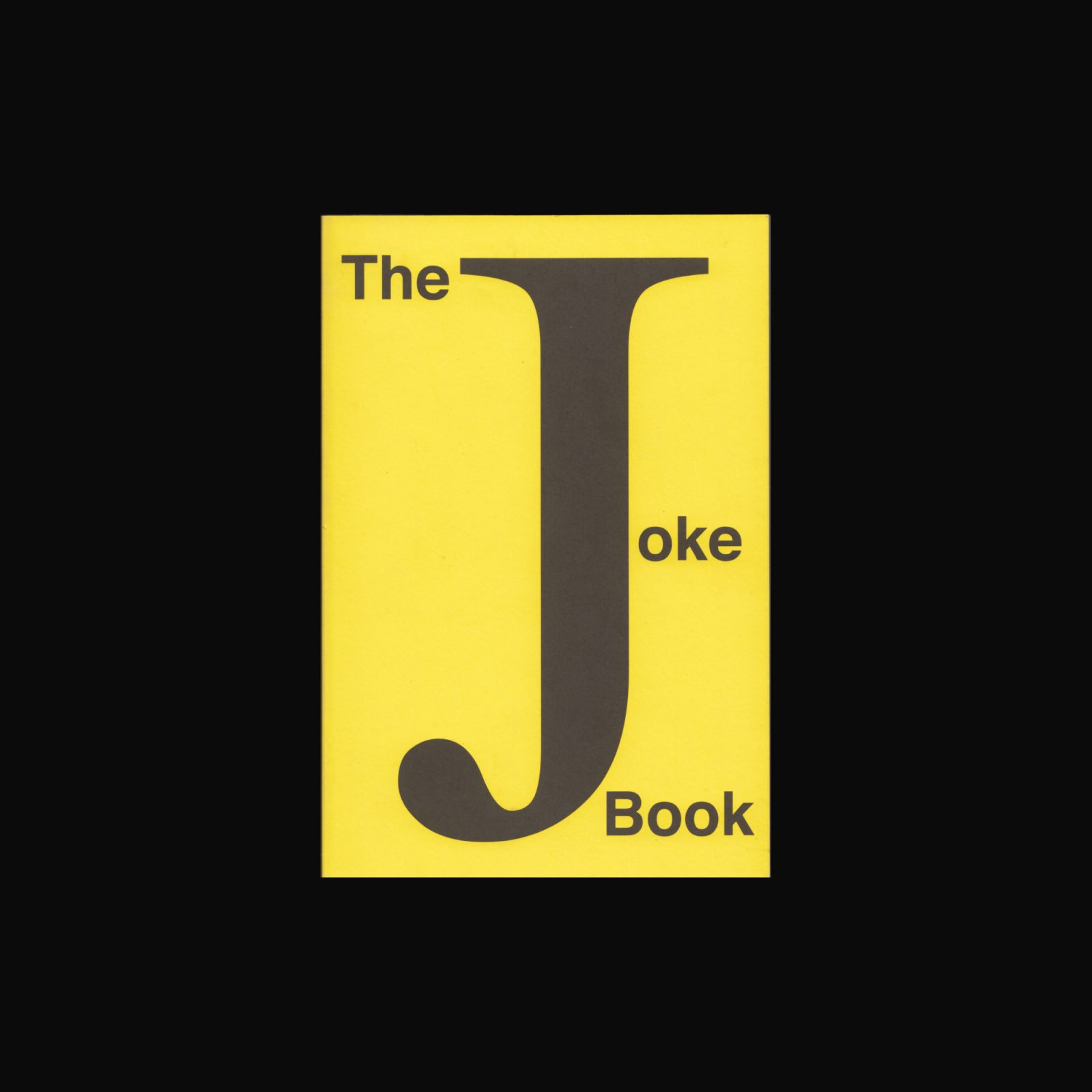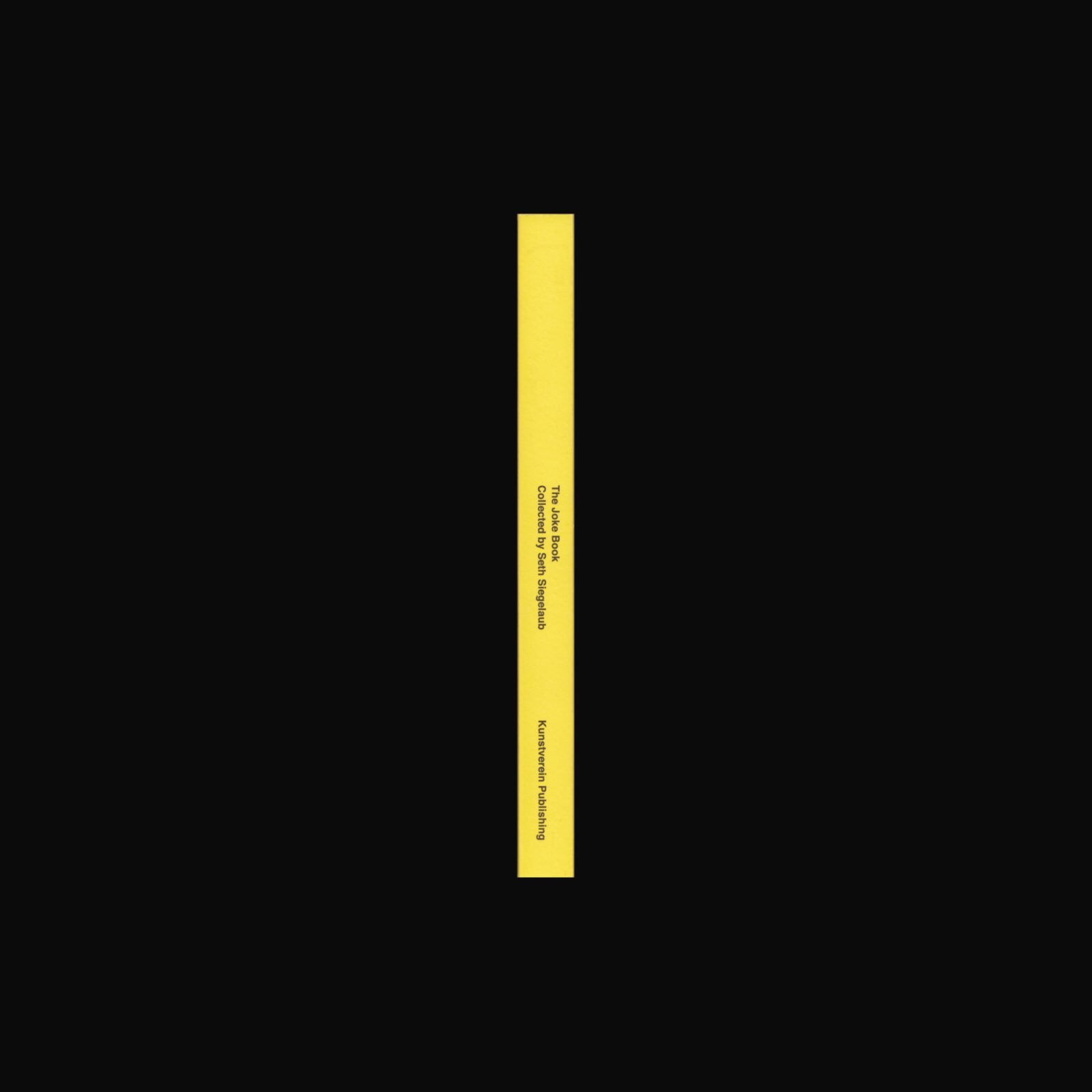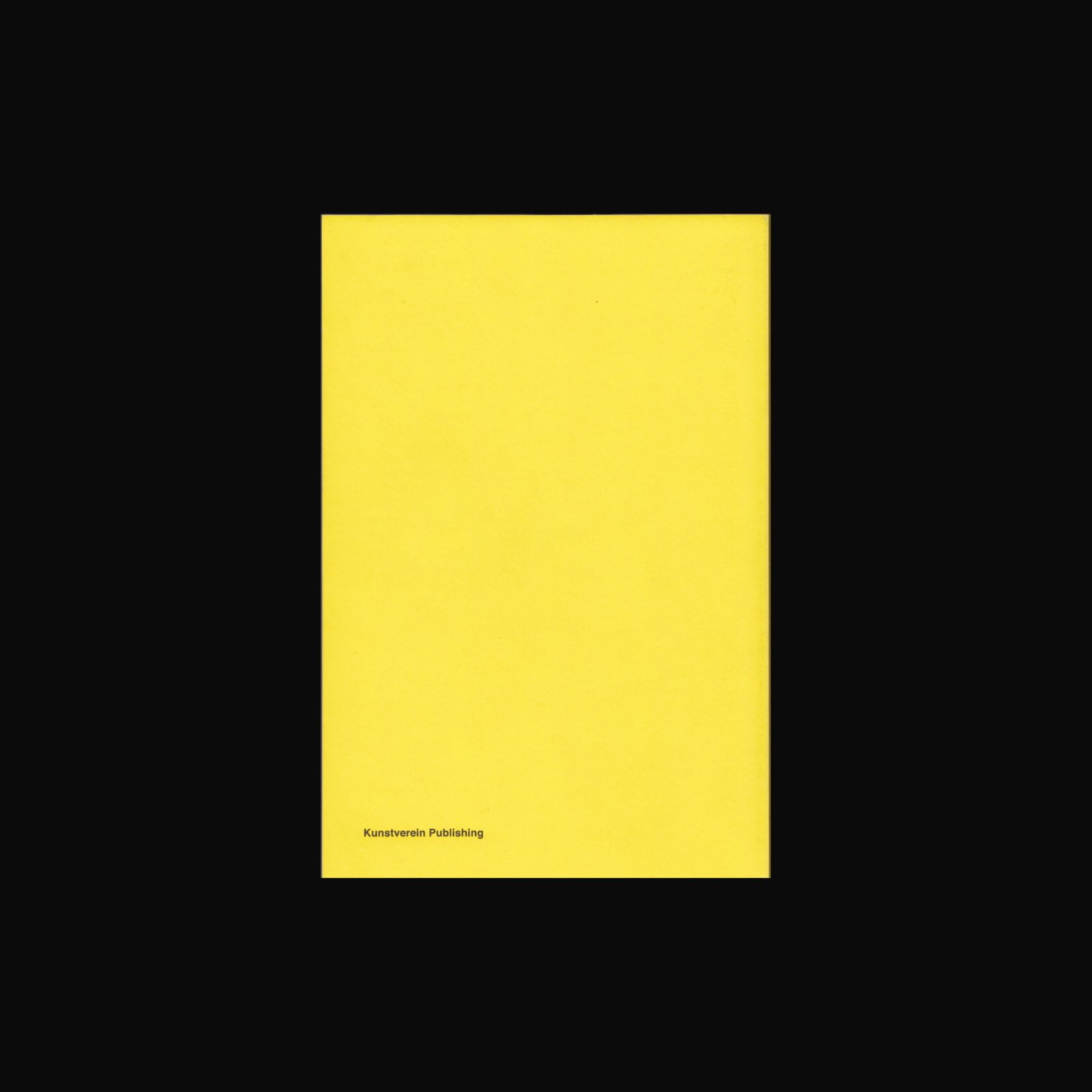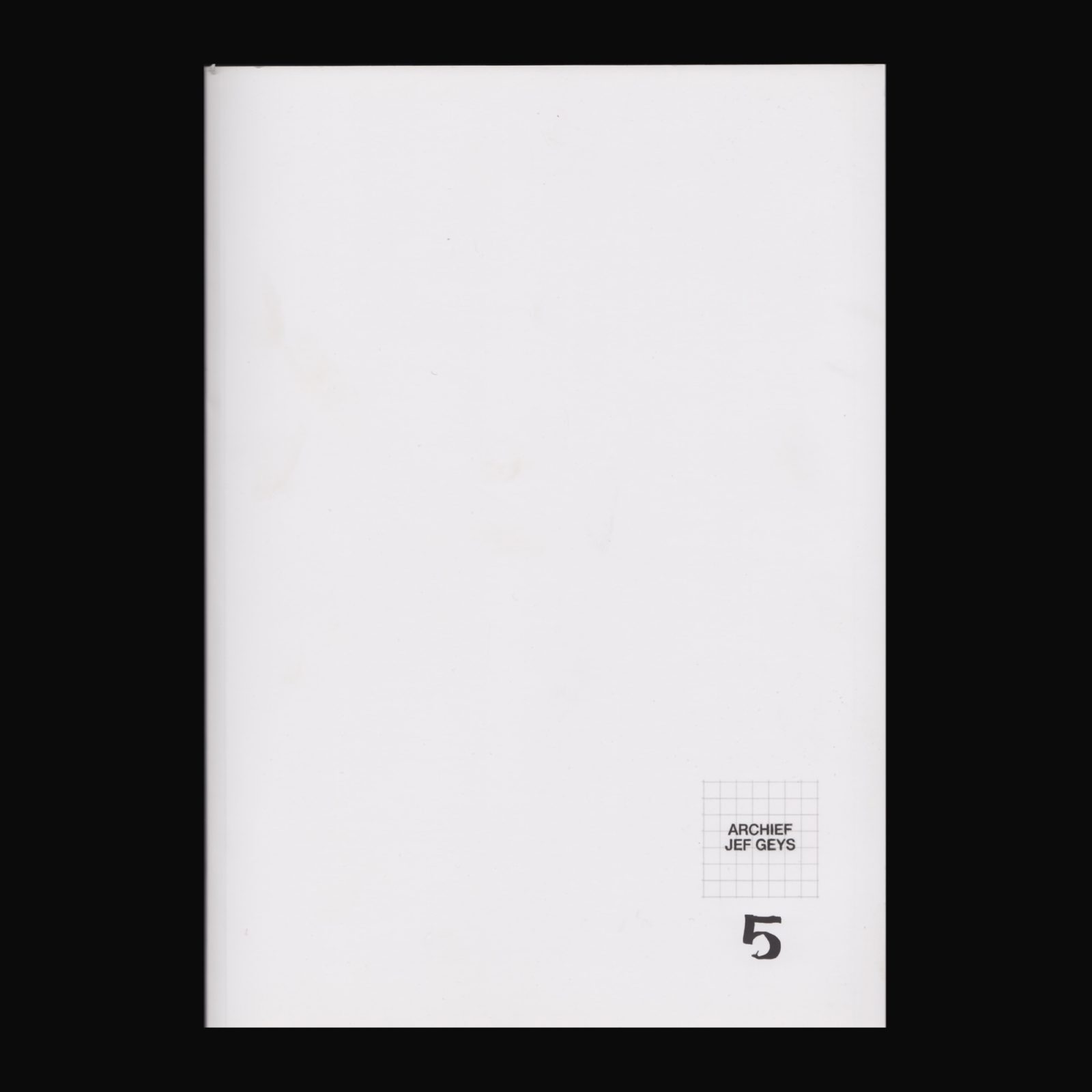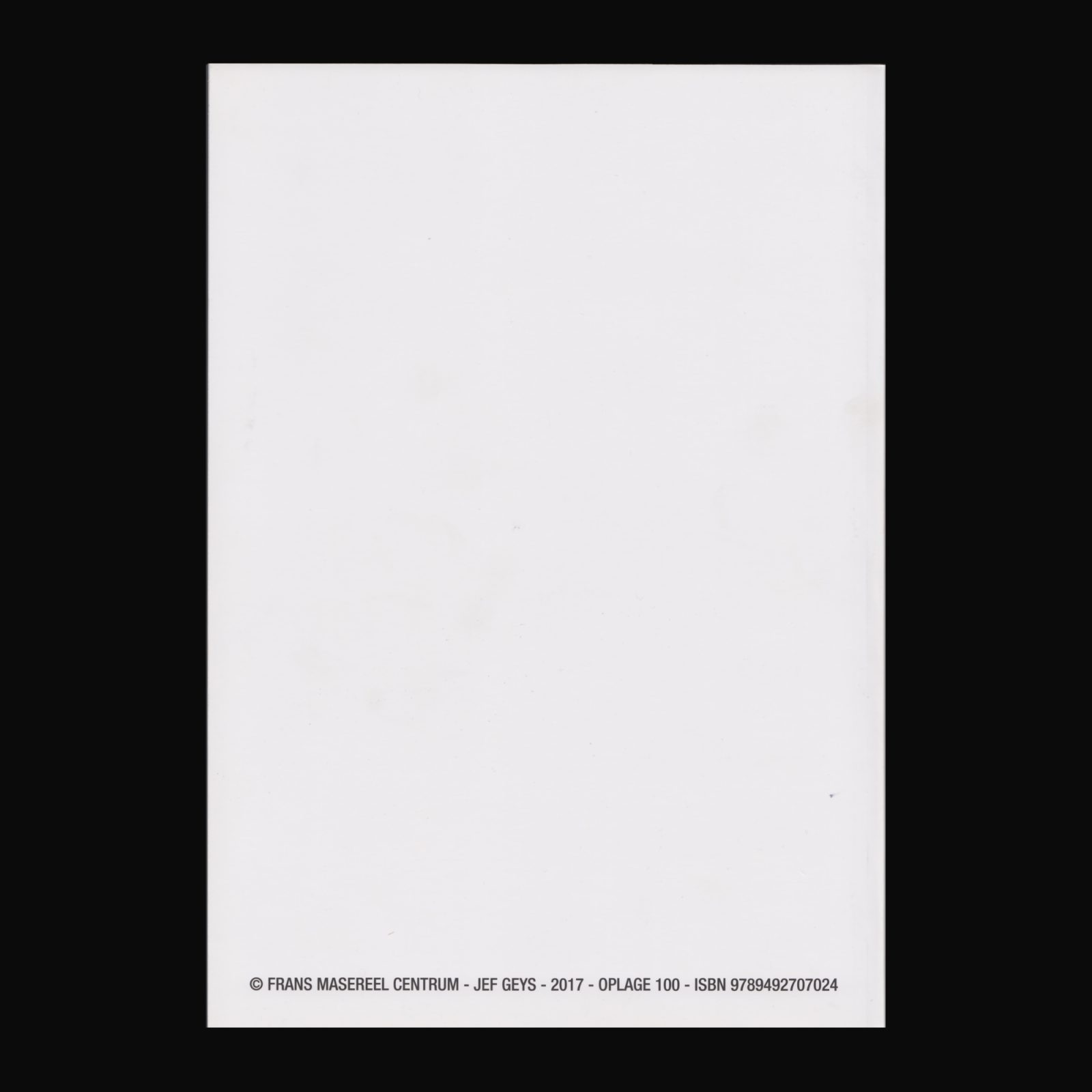On the night of her 30th birthday, Lucy’s best friend Nicholas gives her just what she’s always wanted—the chance to watch him and his handsome boyfriend James get it on in the flesh. But what happens when Nicholas’ gift merely whets her appetite? When a feast for the eyes leaves her heart and body famished, how far will Lucy go to satisfy her hunger? And what will it mean for their friendship?
We Love Lucy by Lilith Wes is the second book of New Lovers, a series of short erotic fiction published by Badlands Unlimited. Inspired by Maurice Girodias’ legendary Olympia Press, New Lovers features the raw and uncut writings of authors new to the erotic romance genre. Each story has its own unique take on relationships, intimacy, and sex, as well as the complexities that bedevil contemporary life and culture today.
